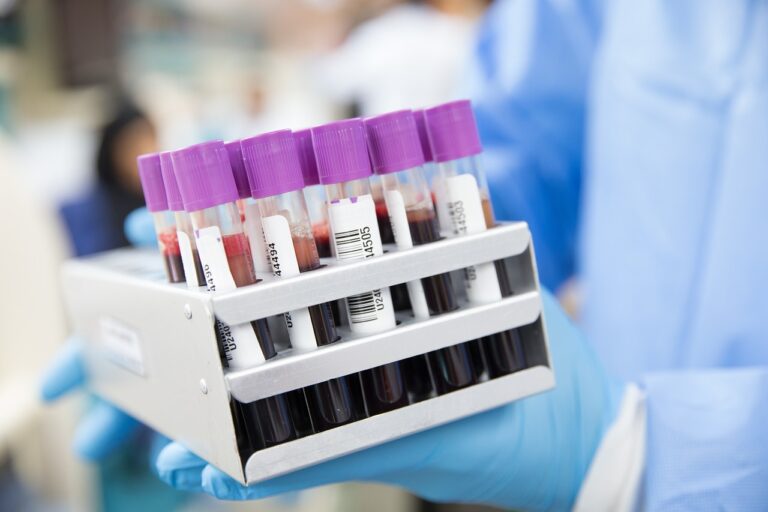Exploring the Science of Aging and Longevity
As time progresses, our bodies undergo a natural and inevitable process known as aging. This intricate process involves a multitude of changes at the cellular, tissue, and organ levels. These changes are influenced by a variety of factors, including genetics, lifestyle habits, and environmental exposures.
One prominent feature of aging is the gradual decline in physiological functions, which can lead to a range of age-related health issues. From reduced muscle mass and bone density to diminished cognitive abilities and slower wound healing, the effects of aging manifest differently in each individual. Despite the challenges that come with aging, advances in biomedical research and healthcare have provided valuable insights into understanding the mechanisms behind this complex phenomenon.
Factors that Influence Longevity
When it comes to longevity, there are several key factors that play a crucial role in determining an individual’s lifespan. One of the most significant factors is genetics, with studies showing that genes can influence how long a person is likely to live. Additionally, lifestyle choices such as diet, exercise, and smoking habits can also have a significant impact on longevity. Maintaining a healthy lifestyle by eating a balanced diet, staying active, and avoiding harmful substances can help improve longevity and overall health.
Another important factor that influences longevity is environmental conditions. Factors such as access to healthcare, exposure to pollutants, and living in a safe and stable environment can all impact how long a person lives. Socioeconomic status is another key factor, as individuals with higher incomes and better access to resources tend to live longer than those in lower-income brackets. Overall, a combination of genetics, lifestyle choices, environmental factors, and socioeconomic status all work together to influence an individual’s longevity.
Cellular Aging and Senescence
As our bodies age, the process of cellular aging and senescence becomes increasingly prominent. This intricate process involves the gradual deterioration of cells in our bodies, leading to decreased functionality and vitality. While this natural aging process is inevitable, various factors can influence the rate at which cellular aging occurs.
One of the key mechanisms involved in cellular aging is telomere shortening. Telomeres are protective caps at the end of our chromosomes, and they naturally shorten with each cell division. As telomeres reach a critical length, cells enter a state of senescence, where they cease to divide and function properly. This cellular senescence contributes to the overall aging of our bodies and is considered a hallmark of the aging process.
• Telomere shortening is a key mechanism in cellular aging
• Telomeres are protective caps at the end of chromosomes
• Shortening of telomeres leads to cellular senescence
• Senescent cells cease to divide and function properly
What is cellular aging?
Cellular aging refers to the gradual deterioration of cells over time, leading to a decline in their function and ability to replicate.
What is senescence?
Senescence is a process where cells enter a state of irreversible growth arrest, typically in response to stress or damage. This ultimately contributes to aging and age-related diseases.
What factors influence longevity?
Factors that influence longevity include genetics, lifestyle choices (such as diet and exercise), environmental factors, and overall health.
How does the process of aging affect cells?
The process of aging can lead to changes in cellular structure and function, including reduced ability to repair damage, increased susceptibility to disease, and eventual cell death.
How does cellular senescence contribute to aging?
Cellular senescence can lead to the accumulation of dysfunctional cells in the body, contributing to inflammation, tissue degeneration, and the overall aging process.
Can cellular aging be reversed?
While some research suggests that certain interventions may slow down or partially reverse cellular aging, the process itself is considered to be largely irreversible.
What can individuals do to promote healthy cellular aging?
Adopting a healthy lifestyle, including a balanced diet, regular exercise, adequate sleep, and stress management, can help support healthy cellular aging and overall well-being.







